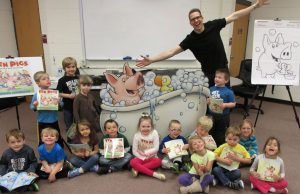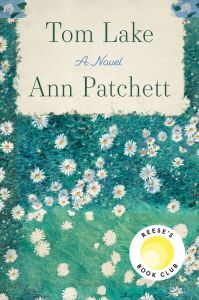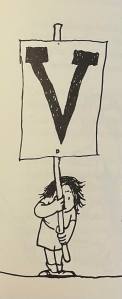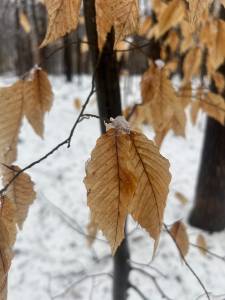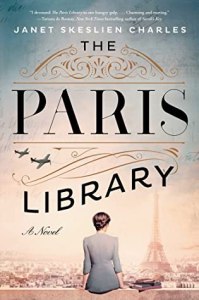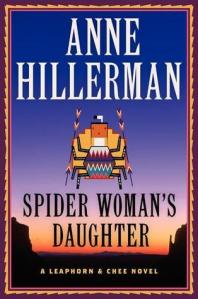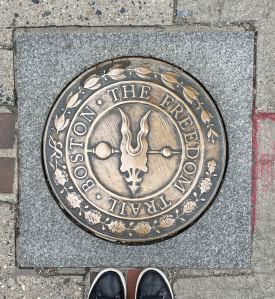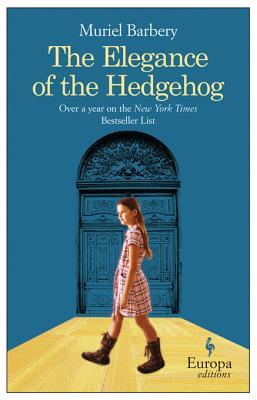
While our peonies are still tight buds, our two Miss Kim Lilacs will soon lavish our senses with purple blossoms and sweet fragrance, reaffirming exactly what poet Billy Collins knows about a spring day.
Today
If ever there were a spring day so perfect,
so uplifted by a warm intermittent breeze
that it made you want to throw
open all the windows in the house
and unlatch the door to the canary's cage,
indeed, rip the little door from its jamb,
a day when the cool brick paths
and the garden bursting with peonies
seemed so etched in sunlight
that you felt like taking
a hammer to the glass paperweight
on the living room end table,
releasing the inhabitants
from their snow-covered cottage
so they could walk out,
holding hands and squinting
into this larger dome of blue and white,
well, today is just that kind of day.
And, a thank you to Kat for the reminder that May days are passing and third Thursdays simply demand poetry.
Bibliographic credit: Collins, Billy, Poetry magazine, © 2000
Photo credit: Prexels – Pille Kirsi

